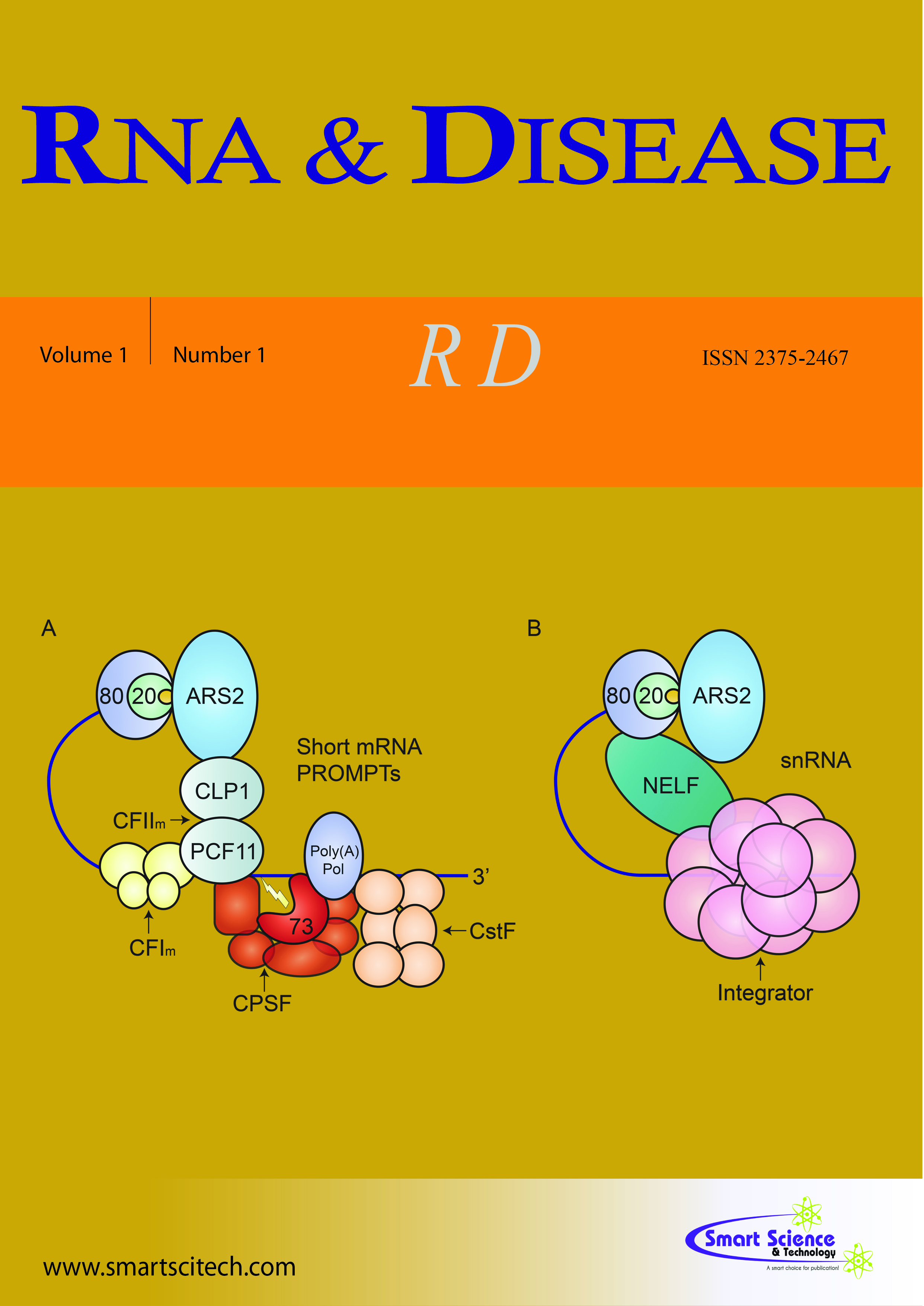About RD
Make a Submission
Endorsed/sponsored By

The editorial office of RNA & DISEASE is based in The First Affiliated Hospital of Nanjing Medical University and sponsored by the institutional funds from The First Affiliated Hospital of Nanjing Medical University. Production and Hosting are supported by Smart Science & Technology LLC on behalf of The First Affiliated Hospital of Nanjing Medical University.
news

Editor-in-Chief of RNA & Disease, Naoyuki Kataoka made a presentation at the 42nd Annual Meeting of the Molecular Biology Society of Japan held at Fukuoka International Congress Center on December 3, 2019.
Published by the Smart Science & Technology LLC, USA under a Creative Commons Attribution 4.0 International License
2600 S Gessner Rd - Woodlake Plaza, Houston, TX 77063
About the Journal | Current | Archives | About the Publisher | Editorial Policy | Contact










